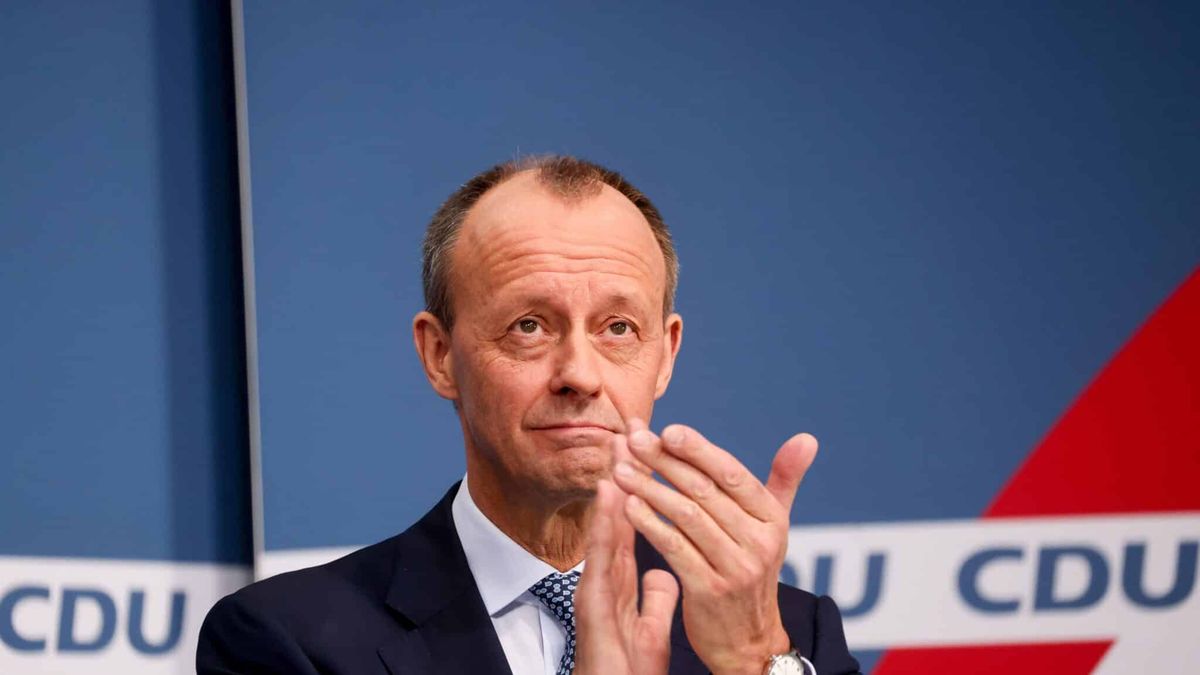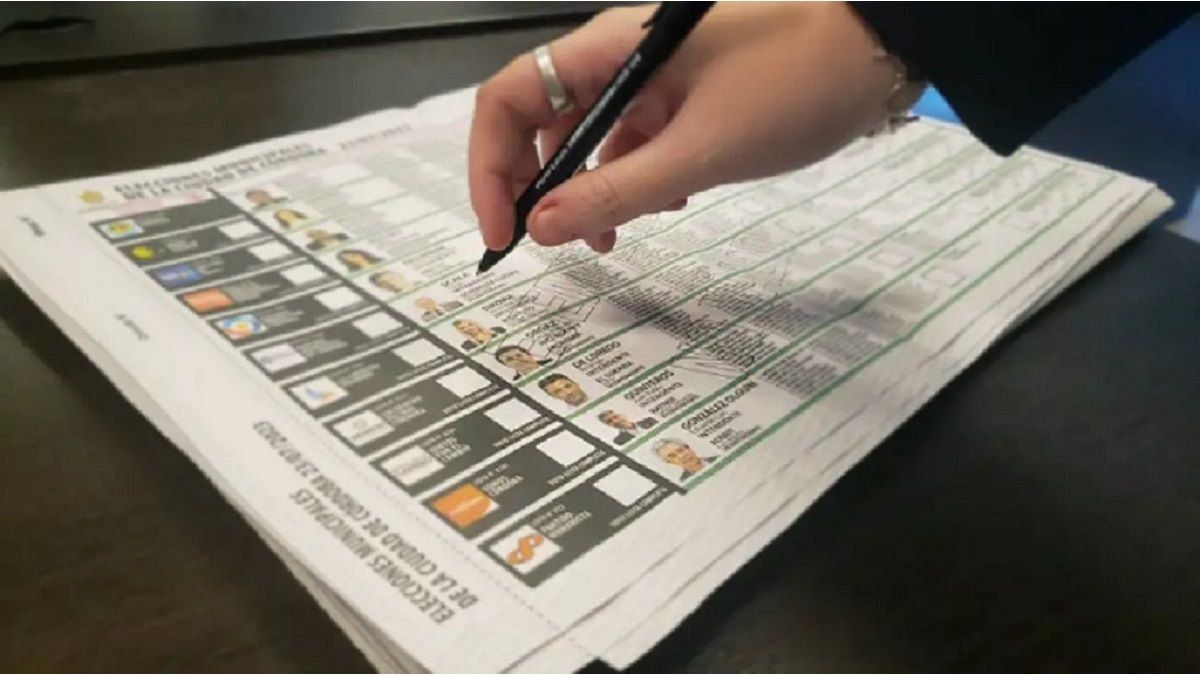I have been working in the news industry for over 6 years, first as a reporter and now as an editor. I have covered politics extensively, and my work has appeared in major newspapers and online news outlets around the world. In addition to my writing, I also contribute regularly to 24 Hours World.
Menu
The situation at a glance: Israel comes under pressure because of the occupation of the West Bank
Categories
Most Read
Trump’s statements: Australia’s prime minister defends ambassador
October 22, 2025
No Comments
Reaction to the Ukraine war: EU states agree on new sanctions against Russia
October 22, 2025
No Comments
Honorary doctorate: Merkel travels to Israel in November
October 22, 2025
No Comments
Chancellor specifies statement: Merz reacts to criticism of “cityscape” statement
October 22, 2025
No Comments
Friedrich Merz explains his “cityscape” statements
October 22, 2025
No Comments
Latest Posts

The German Chancellor’s strong statements about immigrants: Ask your daughters
October 23, 2025
No Comments
October 22, 2025 – 22:34 The German president generated controversy after an intervention in Parliament where he appealed to fear and public safety to talk

Private deposits in dollars exceeded US$35 billion and set a new record since 2001
October 23, 2025
No Comments
October 22, 2025 – 22:30 In the last 30 days, dollar deposits rose almost US$2.9 billion, according to official data from the Central Bank as

Electoral impact on the Stock Market: the scenarios that the market handles for stocks and sovereign bonds
October 23, 2025
No Comments
A few days before the national legislative elections, the local financial market is preparing for a scenario of high sensitivity and volatility, where Argentine bonds
24 Hours Worlds is a comprehensive source of instant world current affairs, offering up-to-the-minute coverage of breaking news and events from around the globe. With a team of experienced journalists and experts on hand 24/7.

